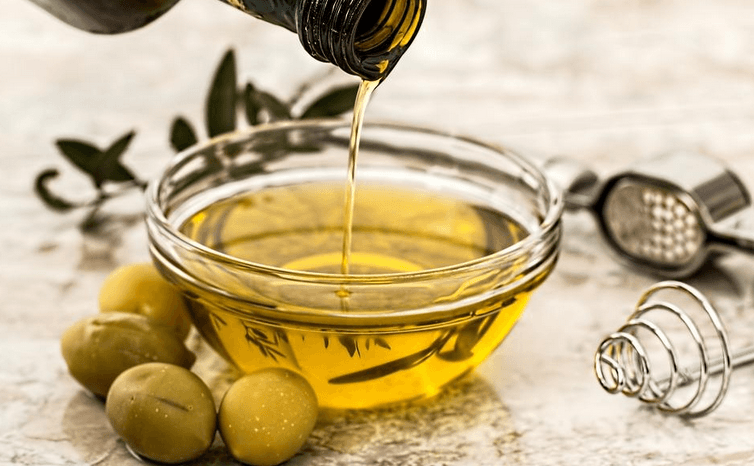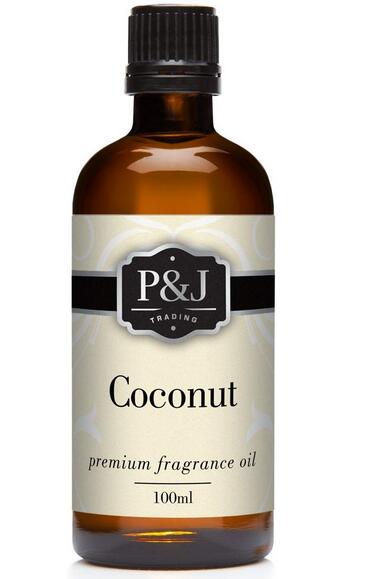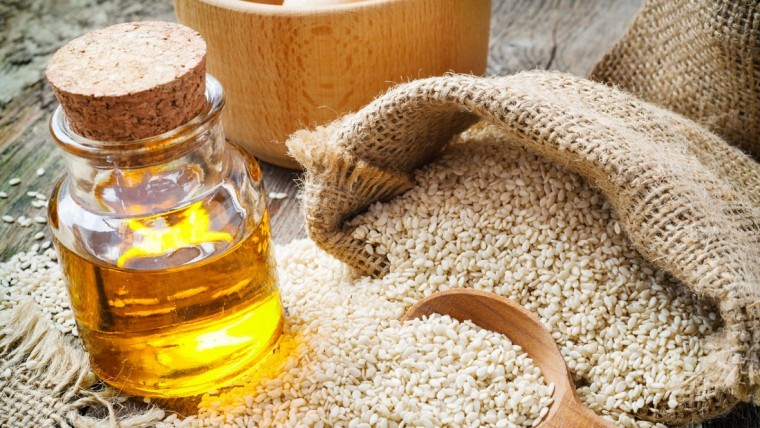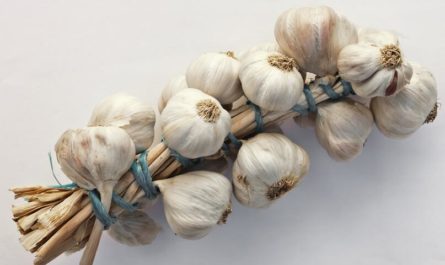When it comes to cooking, vegetable oil is a staple ingredient found in most kitchens. However, there are several reasons why you might want to explore alternatives to vegetable oil. Whether you’re looking for healthier options, different flavor profiles, or have dietary restrictions, this article will guide you through the 12 best substitutes for vegetable oil. Each substitute offers its own unique benefits and can enhance the taste and nutritional value of your dishes.
Understanding Vegetable Oil
Vegetable oil is a commonly used cooking oil derived from various plant sources, such as soybeans, corn, canola, or sunflower seeds. It is known for its neutral flavor, high smoke point, and versatility in different cooking methods.
Typically, vegetable oil is used for frying, sautéing, baking, and as a base for dressings and marinades. It is important to be aware of the nutritional profile of vegetable oil, which is high in calories and contains mostly unsaturated fats.

Reasons to Substitute Vegetable Oil
1. Health Considerations
One of the primary reasons individuals seek alternatives to vegetable oil is for health reasons. While vegetable oil is generally regarded as a healthier option compared to solid fats like butter, there is ongoing debate regarding the health effects of saturated vs. unsaturated fats. Exploring different oils can help you incorporate healthier fats into your diet and strike a better balance in your overall fat intake.
2. Flavor Enhancement
Another motivation for using substitutes is to enhance the flavor of your dishes. Different oils impart distinct tastes and aromas, allowing you to experiment with various flavor profiles. By choosing the right substitute, you can elevate the taste of your recipes and create unique culinary experiences.
3. Allergies and Dietary Restrictions
Individuals with allergies or dietary restrictions may need to avoid vegetable oil due to specific components or ingredients. For example, some people have nut allergies and need to avoid oils derived from nuts. By exploring alternative oils, you can ensure that your cooking accommodates everyone’s dietary needs.
4. Availability
Lastly, there may be instances where you simply run out of vegetable oil and need a suitable replacement. It’s always handy to have a list of substitutes ready in case you find yourself in this predicament.
12 Best Substitutes for Vegetable Oil
1. Olive Oil: The Heart-Healthy Option
Olive oil, a staple in Mediterranean cuisine, is an excellent substitute for vegetable oil. It offers numerous health benefits, including its high content of monounsaturated fats and antioxidants.
Olive oil is suitable for dressings, marinades, and sautéing. It comes in different varieties, such as extra virgin, virgin, and light, each with its own smoke point. Extra virgin olive oil, with its robust flavor, is ideal for drizzling over salads and for finishing dishes, while light olive oil is better suited for high-heat cooking methods.
2. Coconut Oil: Tropical Flavor and High-Heat Cooking

Coconut oil has gained popularity for its unique flavor and versatility in the kitchen. It contains medium-chain triglycerides, which are metabolized differently than other fats.
Coconut oil is an excellent substitute for vegetable oil in baking, frying, and can even be used as a butter substitute in some recipes. It lends a subtle tropical flavor to dishes and can be particularly delicious in baked goods like cookies and cakes.
3. Butter: For Richness and Flavor
When looking for a substitute that adds richness and flavor to your dishes, butter can be an excellent choice. While it is high in saturated fat, using it in moderation can provide a delightful taste to baked goods and certain savory dishes.
Butter adds a creamy and indulgent touch to recipes, making it especially popular in classic dishes like mashed potatoes, pancakes, and pastries.
4. Avocado Oil: Nutrient-Dense and Versatile
Avocado oil is a nutrient-dense substitute for vegetable oil. It is rich in monounsaturated fats and vitamin E, which are beneficial for heart health.
With a high smoke point, avocado oil is suitable for high-heat cooking methods such as frying and grilling. Additionally, it adds a mild, buttery flavor to your dishes. Avocado oil is a great option for making homemade salad dressings or as a substitute for vegetable oil in recipes that require higher cooking temperatures.
5. Canola Oil: A Neutral-Tasting Standby
Canola oil, derived from the seeds of the canola plant, is a popular and neutral-tasting substitute for vegetable oil. It is low in saturated fat and contains a good balance of omega-3 and omega-6 fatty acids.
Canola oil is suitable for baking, frying, and general cooking purposes. Its neutral flavor allows the other ingredients in your recipes to shine, making it a versatile option for a wide range of dishes.
6. Sesame Oil: A Nutty Touch to Your Dishes

Sesame oil is known for its distinct nutty flavor and aroma. It is commonly used in Asian-inspired dishes and dressings, adding depth and complexity to the flavor profile.
There are two types of sesame oil: light sesame oil, which has a milder taste and is suitable for stir-frying and sautéing, and dark sesame oil, which has a stronger flavor and is best used as a finishing oil or for adding a touch of richness to soups and marinades.
7. Grape Seed Oil: The Chef’s Choice for Frying
Grape seed oil is a versatile oil with a high smoke point, making it ideal for frying and sautéing. It has a mild flavor and contains vitamin E and omega-6 fatty acids. Its light texture and neutral taste make it a popular choice among chefs. Grape seed oil is also a great option for making homemade mayonnaise or as a base for salad dressings.
8. Sunflower Oil: Light and Healthy
Sunflower oil, extracted from sunflower seeds, is a light and healthy substitute for vegetable oil. It is rich in vitamin E and low in saturated fat.
Sunflower oil is best used in recipes where a neutral flavor is desired, such as salad dressings, light sautéing, and baking. It is often used as a base oil in commercial salad dressings due to its mild taste and health benefits.
9. Peanut Oil: Ideal for Deep Frying
Peanut oil is a flavorful substitute that is particularly suitable for deep frying and stir-frying. It has a high smoke point and imparts a subtle nutty taste to dishes.
Peanut oil adds a distinct flavor to Asian-inspired dishes and is commonly used in cuisines like Chinese, Thai, and Vietnamese. However, individuals with peanut allergies should avoid using this oil.
10. Walnut Oil: A Gourmet Touch
Walnut oil adds a gourmet touch to your dishes with its rich, nutty flavor. It is best used as a finishing oil, drizzled over salads, pasta, or roasted vegetables, to enhance their taste.
Walnut oil is a good source of omega-3 fatty acids and can contribute to a well-rounded diet. It pairs exceptionally well with ingredients like apples, pears, blue cheese, and balsamic vinegar, creating a harmonious flavor combination.
11. Almond Oil: Sweet and Versatile
Almond oil offers a sweet, nutty flavor and can be used in both sweet and savory recipes. It is high in monounsaturated fats and vitamin E, making it a nutritious substitute for vegetable oil.
Almond oil is particularly well-suited for desserts like cakes, cookies, and pastries, adding a delicate almond taste. It can also be used in savory dishes, such as stir-fries or drizzled over roasted vegetables, for a subtle nutty flavor.
12. Ghee: Clarified Butter for Lactose Sensitivity
Ghee, also known as clarified butter, is an excellent substitute for individuals with lactose sensitivity. It is made by simmering butter to remove the milk solids, resulting in a rich, golden, and lactose-free cooking fat.
Ghee has a high smoke point, making it suitable for high-heat cooking methods like frying and sautéing. It imparts a delicious, nutty flavor to dishes and is commonly used in Indian cooking. Ghee has a longer shelf life compared to butter and is prized for its unique taste and cooking properties.
How to Choose the Right Substitute?
When selecting a substitute for vegetable oil, consider factors such as smoke point, flavor profile, and health benefits. Matching the substitute to the specific dish and cooking method is essential for achieving the desired results. Experimentation and personal preference play a crucial role in finding the perfect alternative for your culinary needs.
Tips for Substituting Oils in Recipes
Substituting oils in recipes requires understanding the proper ratios and measurements. It’s important to consider the specific cooking method and adjust accordingly.
For baking, it may be necessary to make slight alterations to achieve the desired texture and moisture level. Familiarize yourself with oil conversion charts and experiment with different substitutes to find the right balance. Here are some tips to keep in mind:
- When substituting oils in baking, use a 1:1 ratio, but be mindful of the differences in flavors and smoke points.
- Consider the smoke point of the substitute oil to ensure it can withstand the cooking temperature. High-heat methods like frying require oils with higher smoke points.
- Be aware that some substitutes, such as butter or coconut oil, may alter the texture and flavor of the final dish. Adjust other ingredients accordingly.
- Keep in mind that some oils have distinct flavors, so choose a substitute that complements the overall taste of the recipe.
- Experiment with different combinations of oils to achieve the desired flavor and texture in your recipes.
Conclusion
Incorporating substitutes for vegetable oil can open up a world of culinary possibilities. Whether you’re looking to enhance the flavor of your dishes, cater to specific dietary needs, or explore healthier alternatives, there is a substitute out there for every cooking occasion. Experiment with different oils, have fun in the kitchen, and enjoy the delicious results that these substitutes have to offer.






